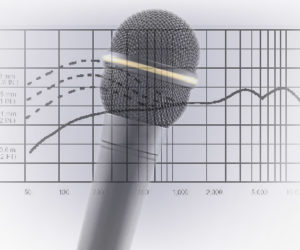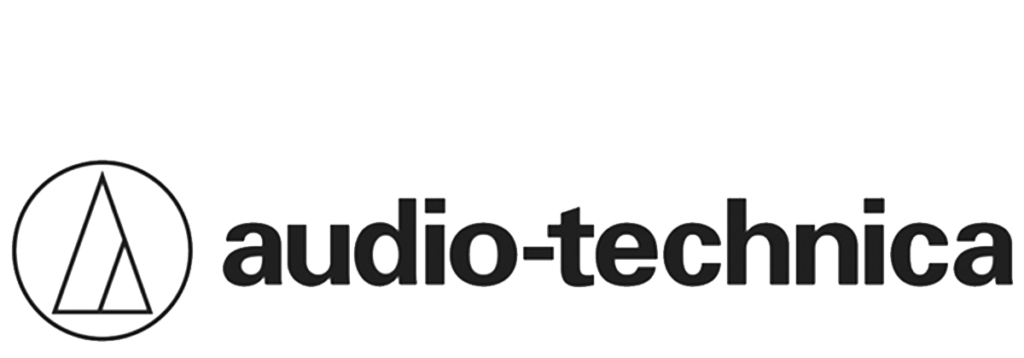My previous column (here) brought together responses I’d received from a wide variety of musicians, several of whom also work in audio, to the question: “What’s would you like to ask sound engineers/technicians to do differently?”
As promised, here’s the follow-up article, and this time we ask sound folks what musicians can do differently to help foster a win-win situation.
“As someone who both performs and does studio engineering, I think that there needs to be a certain respect between both parties. One challenge is that artists often fail to recognize the significance of proper communication, leaving the burden to trained technicians.
“Perhaps artists could learn to elaborate on their frustrations with a better understanding of the names of gear, along with what sort of frequency ranges they produce or modify (i.e., low end, midrange, etc.), so when it comes time to talk, they can get beyond saying things like, ‘Hey, my keys are sorta boopy today’.” – Joey Dougherty
“In general terms, musicians should understand that we’re there to make them sound as great as possible for the audience. When I make a request of a musician, it’s only because I’m unable to make them sound great without it.” – Peter Damski
“Sound check is not rehearsal. It’s faster for everyone if they show up on time and participate. Digital boards don’t fix everything; in fact, they’re great at memorizing and repeating mistakes. Don’t expect your professional sound personnel to know your fame or repertoire or genre. Everyone needs to work together to solve electronic problems. Nothing happens automatically.” – Doug Robertson
“Musicians should be serious, show up on time for sound check, and pay attention. I prefer it when a musician knows how to ask for what they want. Be clear, be concise, and don’t demand the impossible. Watch your stage volume and follow the engineer’s advice if it needs to come down.
“If sound check is done right, there should be no need for monitor requests during the show. Nothing is worse than when, after the show, they come up and tell me they couldn’t hear themselves – but never once mentioned it during check or during the show.” – Dave Unger
“A little trust, on both sides, goes a long way.” – Mark Dennis
“Don’t demand things. Listen to us when we say it can’t be done, and only ask why if you really want to know the answer.” – Ken Toal
“Looking to those musicians who do it best – they understand a number of things that I would lump together as professionalism. Problems happen and we fix them. We’re all here for the same reasons and remaining professional under the trying times should improve communication.” – Joe Atanacio
“As a mixer, I love meeting with the band, especially if I don’t know their music, to find out what they think their sound is and who their influences are. Of course, I want to find out who needs what in which monitor mix. Experience shows that if someone doesn’t show up for sound check, they’re going to be screwed.
“Also, a good plan is to start sound check by playing part of a song, then stop, with everyone in the band giving me their notes before trying again. If you need to get the engineer’s attention, raise your arm and make eye contact. Then, make sure you get it. I find it helpful to go on stage to hear what they’re hearing.
“With IEMs [in-ear monitors], I ask what they want and then either add or remove things. Know that it is a process and like the room, it will change with the audience. You really have to hear things from their point of view.” – Jim VanBergen
“Before any real communication can occur, there has to be a shared sense of reality between musicians and the tech people there to support them. While we often identify the performers as the ‘talent,’ the truth is that everyone involved is talented. All are working towards the common purpose of producing an excellent performance for the audience. If everyone buys into that, then it becomes more of a ‘how can I help you?’ attitude rather than a ‘how can I hurt you?’ contest.” – Mitch Grant
“Musicians need to understand better that they’re an integral part of the overall sound. As such, things like maintaining a workable stage volume is part of their responsibility, rather than solely looking for the sound person to come up with a solution.” – Mark Johnson
“What musicians can do is tell us what they want the audience to hear. What kind of ‘feel’ do you want for the show? What kind of volume is appropriate for your audience? Then, let us know what you need to hear. Without clear communications, we’re just guessing.
“Being open to suggestions from the techs is also helpful. For example: ‘I know you think pointing your guitar amp stack at the first row is awesome, but it’s making it difficult for me to provide a balanced mix to the whole audience.’
“Musicians need to remember that with unlimited budgets, all things might be possible. But in the real world, we’re all dealing with limitations, which then requires compromise due to space, acoustics, etc.” – Anthony Beardslee
“Your best bet is to ask for what you need in your contract rider and then confirm this in your advance call prior to the event. Even if it’s just to share a JPG or PDF, a picture is worth a thousand words. Be available to discuss the details. Come show day, be on time and check in with your technical contact. We can do wonderful things together if you’re present.” – Ken Freeman
There you have it. What I notice is that there are a lot of common themes about the need for communication and mutual respect. And there are some differences too, probably due to the varied personal experiences we’ve had during our careers. No doubt you have your own list and I have mine.
What I think is most important to glean from the two articles, taken together, is that we play a pivotal role in much of what goes on during the process of a show. Sure, maybe this seems obvious, but attitude and willingness to listen are both critical in what we do – and not just for the mix.





